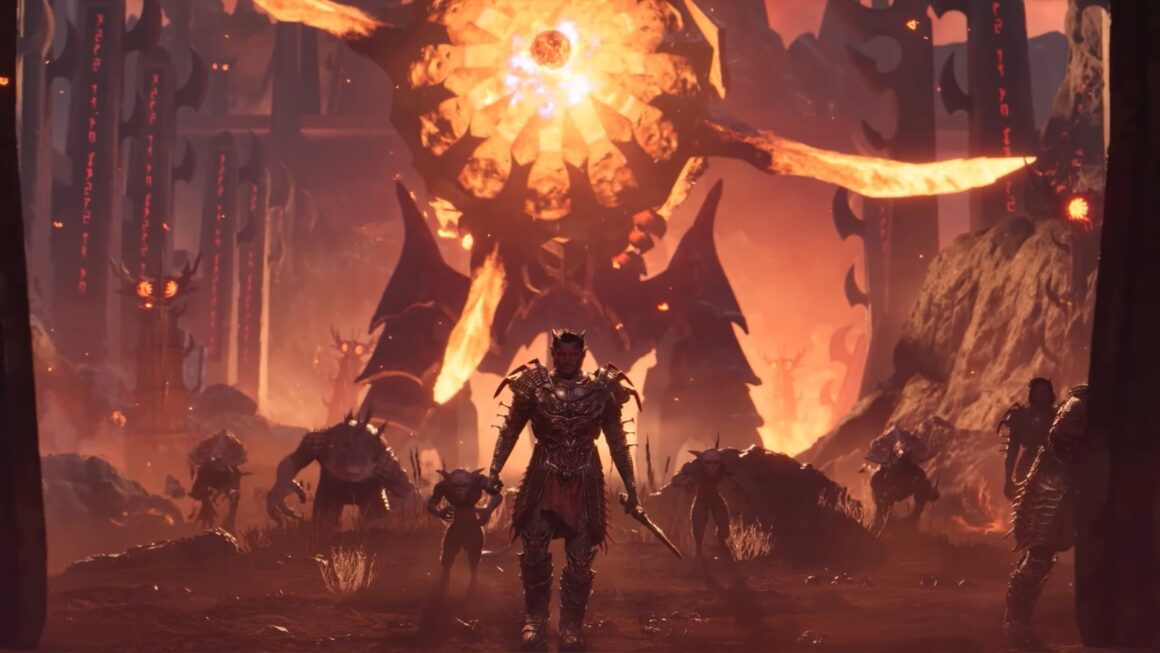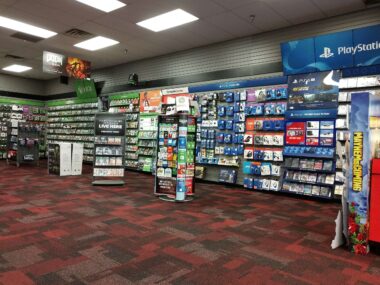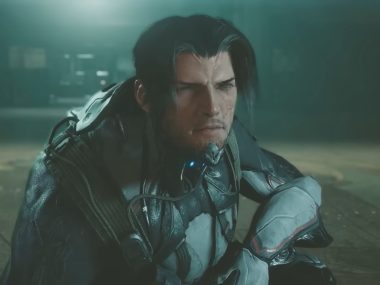When Bethesda and Virtuos dropped Oblivion Remastered, many fans expected a graphical upgrade and little else. But what they delivered goes beyond a simple facelift: it’s a surprisingly thoughtful revival of a genre-defining RPG, now reimagined through Unreal Engine 5. The question is: does Oblivion Remastered prove there’s more value in restoring classic games than chasing the next big thing?
What’s Actually New? More Than You Might Think.
While the original Oblivion laid the groundwork for modern open-world RPGs, it carried plenty of baggage: awkward NPC animations, clunky combat, and a notoriously punishing leveling system. The remaster tackles those problems head-on:
- Visual Fidelity: Upgraded textures, overhauled character models, and dynamic lighting breathe new life into Cyrodiil without erasing its soul.
That said, nothing is perfect. One thing longtime fans might notice is that the remaster’s world leans more beige and brown than the vibrant original. In some places, details like moss growing on stones have disappeared, replaced with smoother, cleaner textures. Stones that were once light gray with sharp contrast now appear more neutral or beige. It’s not necessarily worse, just different. For those who loved the colorful charm of the original, this may feel like a subtle loss. But for me, it’s not a deal breaker—just something worth pointing out.
- Gameplay Tweaks: Sprinting (finally!), better third-person play with an on-screen cursor, and a simplified leveling system that improves the experience for newcomers and veterans alike.
- Sound and Dialogue: Newly recorded NPC lines and more immersive battle effects elevate the presentation without rewriting the original script.
- Included Expansions: Knights of the Nine and Shivering Isles are no longer gated behind a separate edition—they’re bundled in from the start.
These aren’t just cosmetic changes—they’re design decisions that respect the original’s legacy while making it accessible in 2025. Bethesda has clearly aimed to modernize Oblivion without erasing its identity, and that restraint may be the most impressive part of the remaster.
People Are Playing—And Liking—It
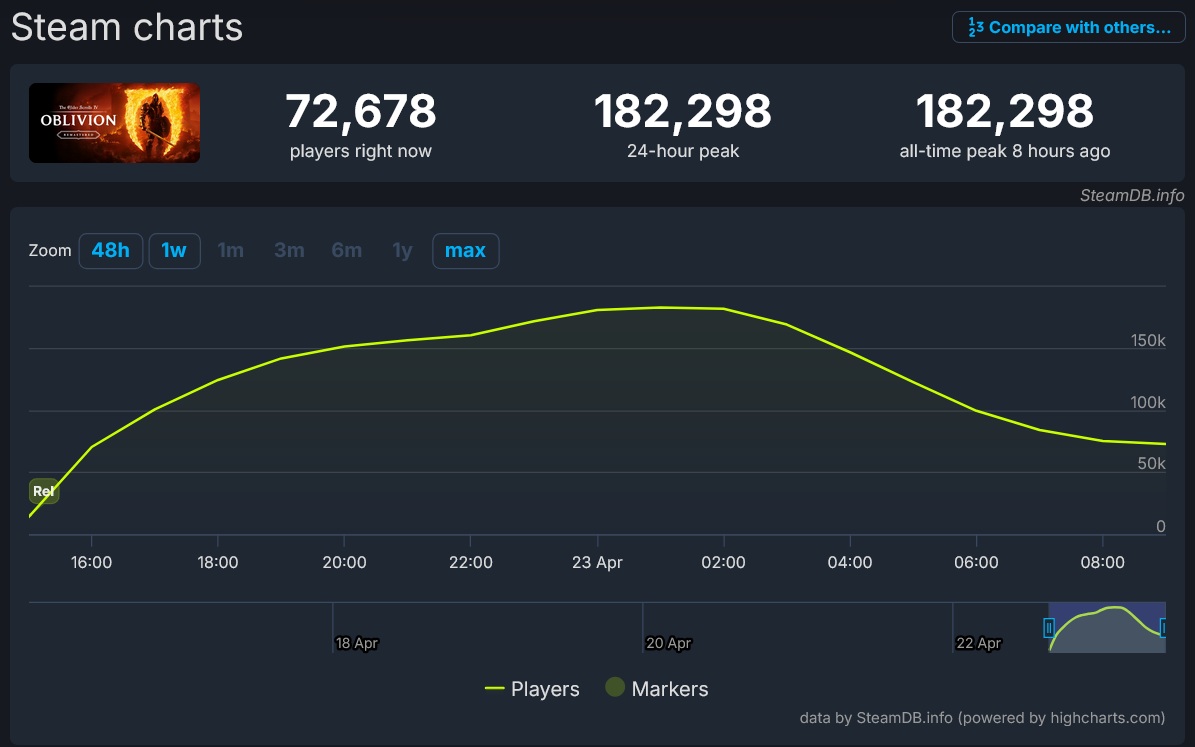
According to SteamDB, the game peaked at 182,298 concurrent players on April 22, 2025, and that’s just on Steam. With availability on Xbox Series X/S, PS5, and PC Game Pass, it’s safe to say Oblivion Remastered has found a substantial audience. The current Steam rating is Very Positive, showing that the updates are being well-received, not resented.
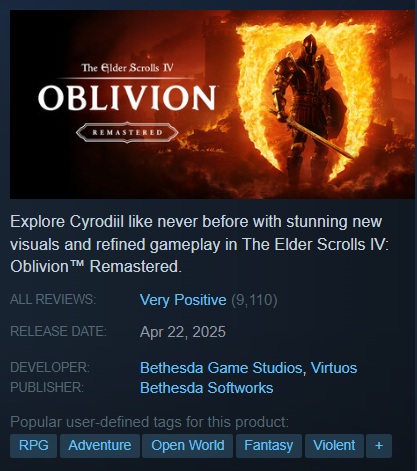
At $49.99, the remaster isn’t cheap—but the inclusion of all content, modernized systems, and cross-platform support gives it staying power, not just a nostalgia bump.
System Requirements (and Reality Check)
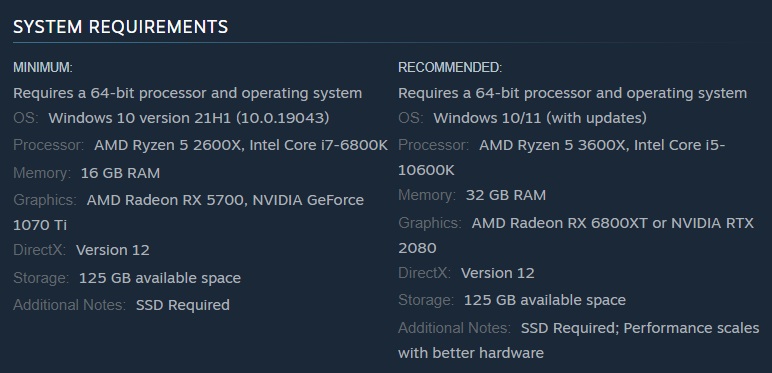
It’s worth noting: Oblivion Remastered demands a lot from your system. Even the minimum specs require a 16GB RAM setup and an SSD with 125GB of space. This is no lightweight reissue—Bethesda wants it to feel like a 2025 game, and that comes with 2025-level hardware expectations.
The Bigger Picture: Is This the Future of RPG Preservation?
Oblivion Remastered doesn’t just celebrate the past—it sets a standard for how older RPGs should be brought forward. It avoids the trap of chasing modern trends or overhauling what wasn’t broken. Instead, it carefully retools and polishes, creating a version that feels familiar yet distinctly improved.
In a landscape filled with live-service fatigue and half-baked sequels, this remaster raises a compelling possibility: maybe the future of RPGs isn’t just about what’s next—but also about doing right by what came before.
So, Should You Get It?
If you’ve never played Oblivion, this is the definitive version. If you have, it’s a powerful way to revisit a world that helped shape modern RPGs. And if you’re wondering whether it’s more than just a nostalgia trip?
Yes. Oblivion Remastered is a smart, modern revival of a classic that deserves to be remembered—not just as it was, but as it is now.
Takeaway:
Oblivion Remastered isn’t just a nod to the past. It’s a masterclass in how to modernize a beloved RPG without losing its soul—and a signal to other studios that respectful remakes can be more than profitable. They can be powerful.
